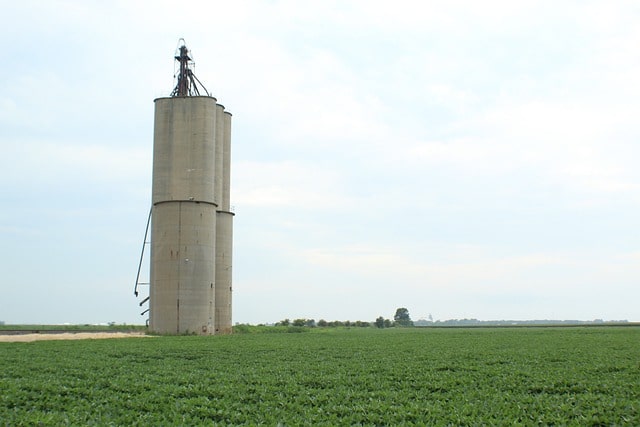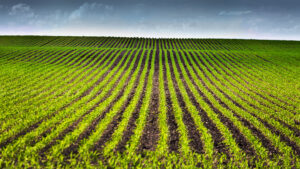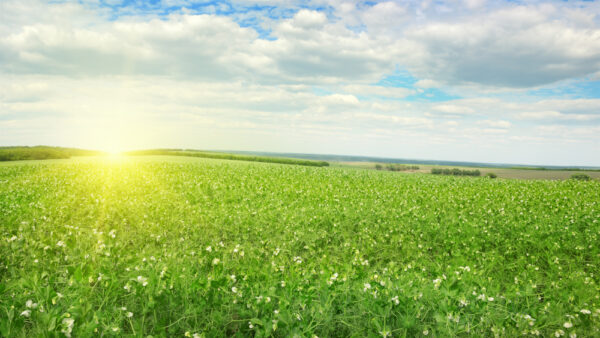A new assessment of global biotech crop acreage by the International Service for the Acquisition of Agri-Biotech Applications (ISAAA) shows that 18 million farmers planted 181.5 million hectares of biotech crops across 28 countries in 2014 — the 18th consecutive year of growth.
According to the authors, Bangladesh is the newest country to grow biotech crops after approving Bt brinjal plantings and, for the third straight year, developing countries grew the majority of biotech crops ― demonstrating the technology is scale-neutral and can bring economic and environmental benefits to farms large and small.
“Farmers face incredible challenges maintaining abundant, high-quality harvests in a time of extreme growing conditions and reduced availability of natural resources,” says Denise Dewar, CropLife International executive director for plant biotechnology. “Our industry is proud to support these growers through biotech seeds that fight insects, weeds and diseases; build resilience to extreme weather; and, ultimately, improve their ability to feed our world.”
After nearly 20 years on the market, farmers have planted billions of hectares of biotech crops and more than two-thirds of the world’s population live in nations growing or importing the technology. Acreage growth has been driven by farmers who continue to plant biotech seeds year-after-year. ISAAA estimates that the repeat planting rate for biotech crops is virtually 100 percent.












